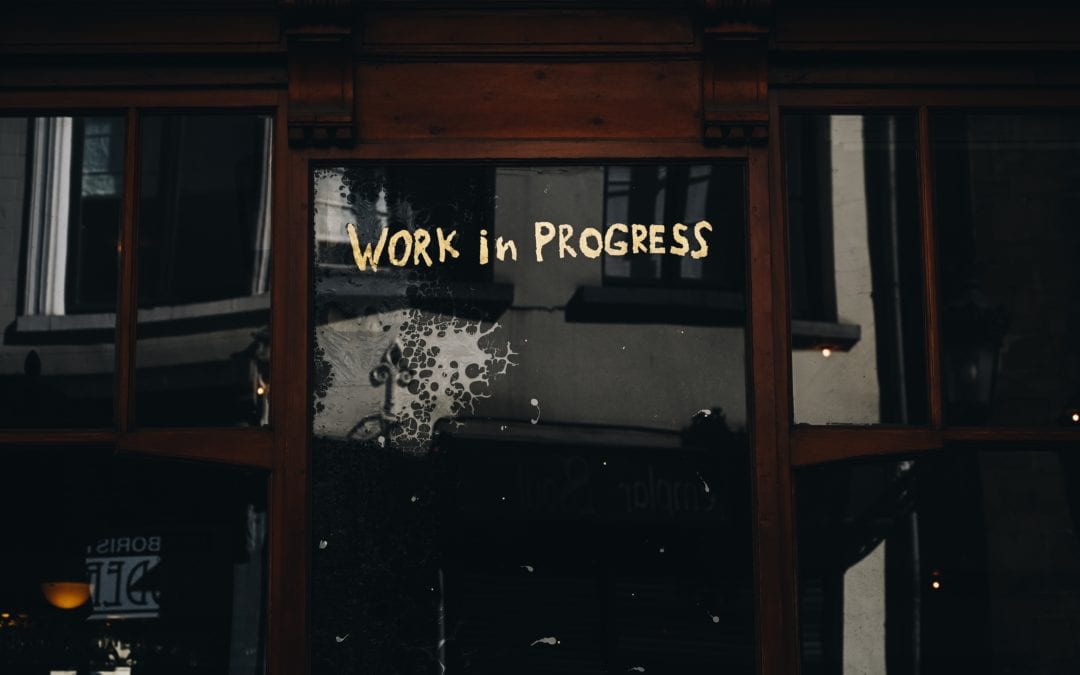By: Malcolm Kerec
A few weeks ago, I had a sharp reminder of how looking after my mental health is a constant battle and that staying well is not a set-and-forget task. After years of relative stability, it’s all too easy to take good mental health for granted.
I’d been doing too much and wasn’t able to stick to my normal routine. Add together a few business and financial pressures, a personal concern or two, some long distance travel and a fun but exhausting holiday and hey presto! – I started going downhill.
All the over simulation got too much, compounded by travel, which always hits me hard. The normal bipolar defenses kicked in. I slept less, ate less, was quick to anger and had seemingly endless energy, an unnatural ability to just keep going and going.
These are all classic warning signs for me of an episode. It felt great initially, something that I thought I had missed. Being able to tap into that fast-thinking, fast-acting mode is always intoxicating.
Then I remembered that the unnatural energy would subside, the lack of food and sleep would catch up with me (emotionally and physically), and the dreaded mania/depression cycle would take hold. Over the course of the week, all these things started to unfold.
Oddly enough, the depression I can handle somewhat. Depression for me is quiet, withdrawn and often goes largely unnoticed by others. Don’t get me wrong – it’s still pure Hell on Earth, but it is a way for me to simply “check out”. It’s taking days off work, it’s uncontrollable sadness and being constantly on the edge of tears and it’s extremely isolating. It wouldn’t matter if I was surrounded by all the people I love, I would still be utterly alone. I could get through it though and simply ride it out.
Mania is another matter. It’s loud, fast and destructive. It’s a rollercoaster ride of a time, where complete charm and grace can turn to incoherent ramblings and looks of confusion and shock on those around me in an instant. My jaw would hurt from being clenched, I’d be wildly erratic all the time and I’d be driving my loved ones to despair. There’s nothing good about mania, it can and quite often does destroy lives. Of course, it also leads inevitably to crippling depression, and the cycle continues.
So I enacted what my partner and I call the “back to basics” plan. I stay home, limiting social activity. I eat well, even if that means forcing myself to eat when I don’t feel that I need it. I sleep by whatever means necessary, which for me means a fast acting dose of my antipsychotic medication. I stick to my normal work routine. I make an appointment to visit my psychologist.
It was the seeing him that got me back on track. Or more correctly, made me realize that I was already getting there myself. I often worry about when my next episode will hit. I know that Bipolar is cyclic and the fear is always there. The longer that I’m well, the greater the fear that it will all soon come undone. After discussing this with my psychologist he said to me “Mal, you are having an episode. Yet here you are seeing me, eating properly, sleeping well and enacting your plan to get through it.”
He made me realize that my “next” episode was actually happening now, and that I wasn’t on the path to ruin – I was coping. In fact, I was already in recovery. Fear was replaced with confidence, knowing that I hadn’t spiraled into uncontrollable mania, nor was I crippled by depression. The plan was working.
This realization pushed me further down the path of management and recovery and away from despair. I left the appointment feeling grounded and back in control. More so, I left knowing that I’ve got this, that I know my disease and that it will never beat me.
It’s not over, but its damage has been limited by my response and that of my mental health support network. I’ll keep the “back to basics” plan running and I’ll get through it.
The content of the International Bipolar Foundation blogs is for informational purposes only. The content is not intended to be a substitute for professional medical advice, diagnosis, or treatment. Always seek the advice of your physician and never disregard professional medical advice because of something you have read in any IBPF content.


